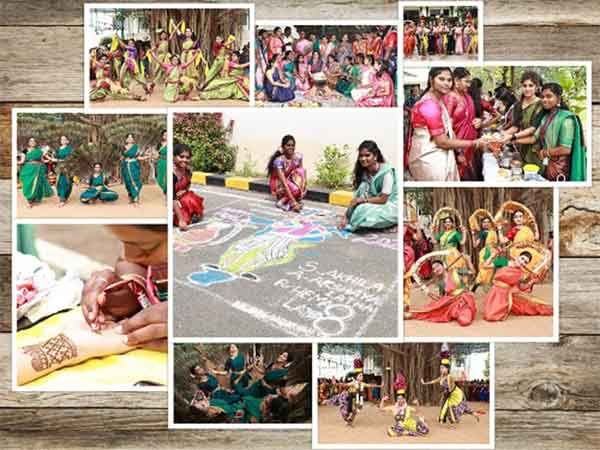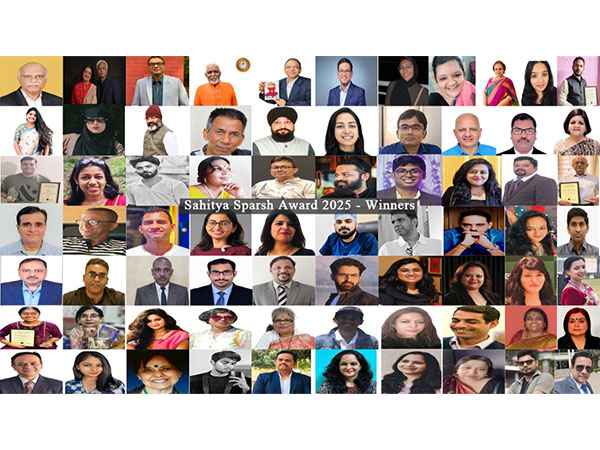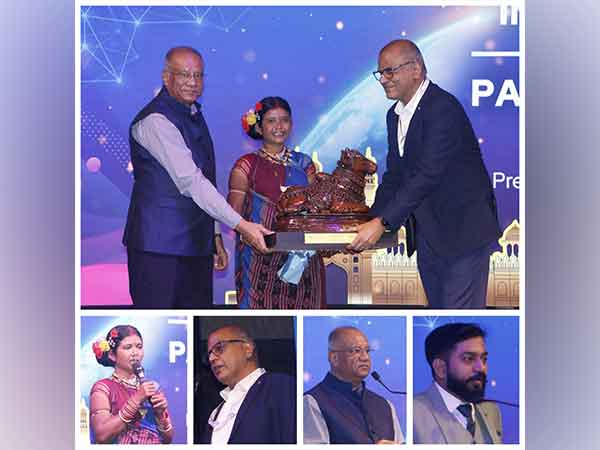Bangladesh protestors eye new party to cement revolution
Aug 19, 2024
Dhaka [Bangladesh], August 19: Student demonstrators who ousted Prime Minister Sheikh Hasina have rejected calls from Bangladesh's two main political parties for quick elections and are considering creating their own party to sustain their movement, according to interviews with four protest leaders. Their hope: to avoid a repeat of the last 15 years, in which Hasina ruled the country of some 170 million people with an iron fist.
In June, a handful of student leaders - most in their early-to-mid 20s - began organizing demonstrations against a law reserving coveted government jobs for certain segments of the population. Within two months, Hasina's government was swept away by an upswell of popular anger at the brutality of its crackdown on anti-quota protesters. At least 300 people were killed in the single largest bout of violence since Bangladesh's war of independence from Pakistan in 1971.
The movement was hailed as a Gen Z revolution, spurred by young Bangladeshis' anger at years of jobless growth, allegations of kleptocracy, and shrinking civil liberties. An interim government headed by Nobel Peace laureate Muhammad Yunus - which includes two student leaders in senior positions - now runs the country.
For most of the past three decades, Bangladesh has been governed either by Hasina's Awami League or the Bangladesh Nationalist Party of her rival Khaleda Zia, both of whom are in their 70s. Student leaders have discussed forming a political party to end the duopoly, said Mahfuj Alam, who chairs a committee tasked with liaising between the government and social groups such as teachers and activists.
A decision would be made in about a month, the 26-year-old law student told Reuters, adding that protest leaders wanted to consult widely with citizens before deciding on a platform. Details of the students' plans for their movement's political future have not previously been reported. "People are really tired of the two political parties. They have trust in us," he said, at the gates of Dhaka University's Arts Faculty.
After the story was published, Alam said on Facebook his statement to Reuters "had come out wrong" and that the students' main focus was to maintain the spirit of the mass uprising and to consolidate the government. "We are not thinking about political organizations right now," he said in the Facebook post, adding that the priority was broad reform of the political system. "Everyone will know what the political structure will be at the appropriate time."
Tahmid Chowdhury, another student coordinator who helped bring down Hasina, said there was a "high chance" they would form a political party. They were still working out their program, though he said it would be rooted in secularism and free speech. "We don't have any other plan that could break the binary without forming a party," said the 24-year-old graduate student in world religion.
The student leaders in interim government have not specified what policies they intend to pursue, beyond sweeping institutional changes - such as reforming the electoral commission handpicked by Hasina - to avoid another spell of authoritarian rule. "The spirit of the movement was to create a new Bangladesh, one where no fascist or autocrat can return," said Nahid Islam, 26, a key protest organizer who sits in Yunus' cabinet. "To ensure that, we need structural reforms, which will definitely take some time."
The government is not considering calls from the Awami League and BNP to hold fresh polls as early as fall, said Islam, who holds the telecommunications portfolio. The regime change has forced out the chief justice, the central bank governor and the police chief who oversaw the crackdown on the students, among other officials.
A spokesperson for Yunus, who has said he is not keen on holding elected office, did not return a request for comment. Touhid Hossain, a career diplomat serving as Yunus' de facto foreign minister, told Reuters the students had not discussed their political plans with the technocrats. But he added: "the political scenario is going to change because we have basically excluded the young generation from politics."
Yunus, an 84-year-old economist whose microcredit programs helped lift millions globally out of poverty, wields moral authority but there are doubts over what his administration can achieve. "We are totally in uncharted waters, both legally and politically," said Shahdeen Malik, a constitutional expert. "The powers of this interim government are not defined because there is no constitutional provision."
Reuters interviewed more than 30 people, including key student leaders, Hasina's son and adviser Sajeeb Wazed, opposition politicians and army officers to assess the divisions left in the wake of the protests and the prospects for the new government. Hasina, whose son said she hopes to return to Bangladesh, couldn't be reached for comment. "The political parties are not going anywhere. You cannot wipe us out," Wazed told Reuters from the United States, where he lives. "Sooner or later, either the Awami League or the BNP will be back in power. Without our help, without our supporters, you are not going to be able to bring stability to Bangladesh." - Reuters
Source: Kuwait Times
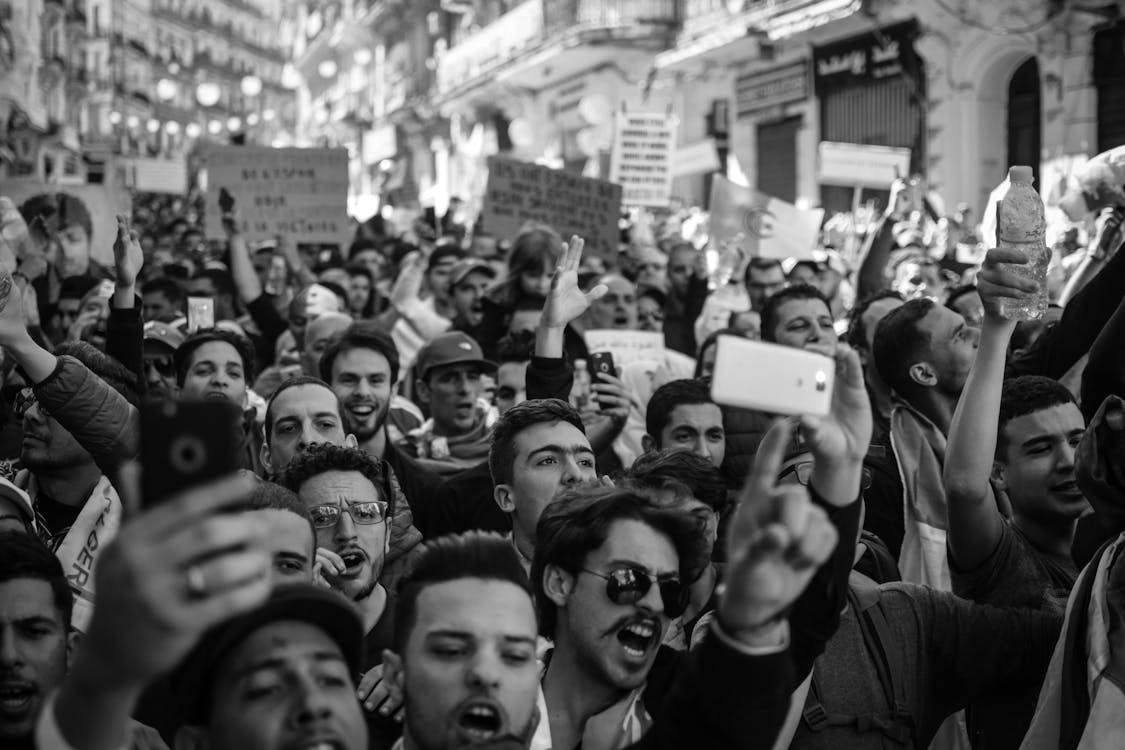

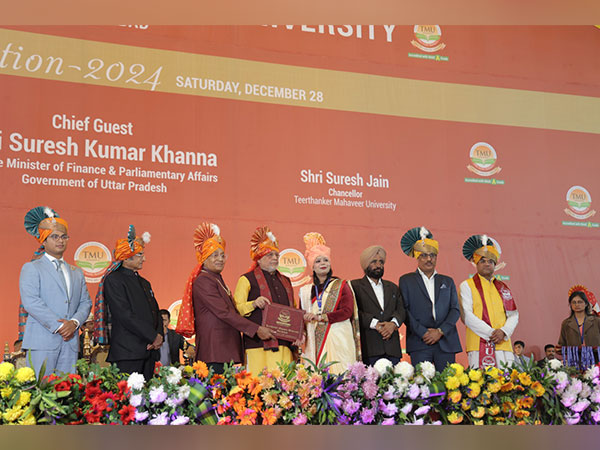
![Dr. Raghupati Singhania, CMD, JK Tyre & Industries and jury members presented Indian Car of the Year [ICOTY] 2025 award to Mahindra & Mahindra team](https://worldnewsn.s3.amazonaws.com/media/images/ANI-20250111122719.jpg)
